Spotlight on Caminos de Agua
For the 2nd in our Spotlight series we are excited to highlight the work of Caminos de Agua. They are a non-profit developing technologies under open-source licenses in partnership with leading research institutions, other non-profits, and members of directly affected communities.
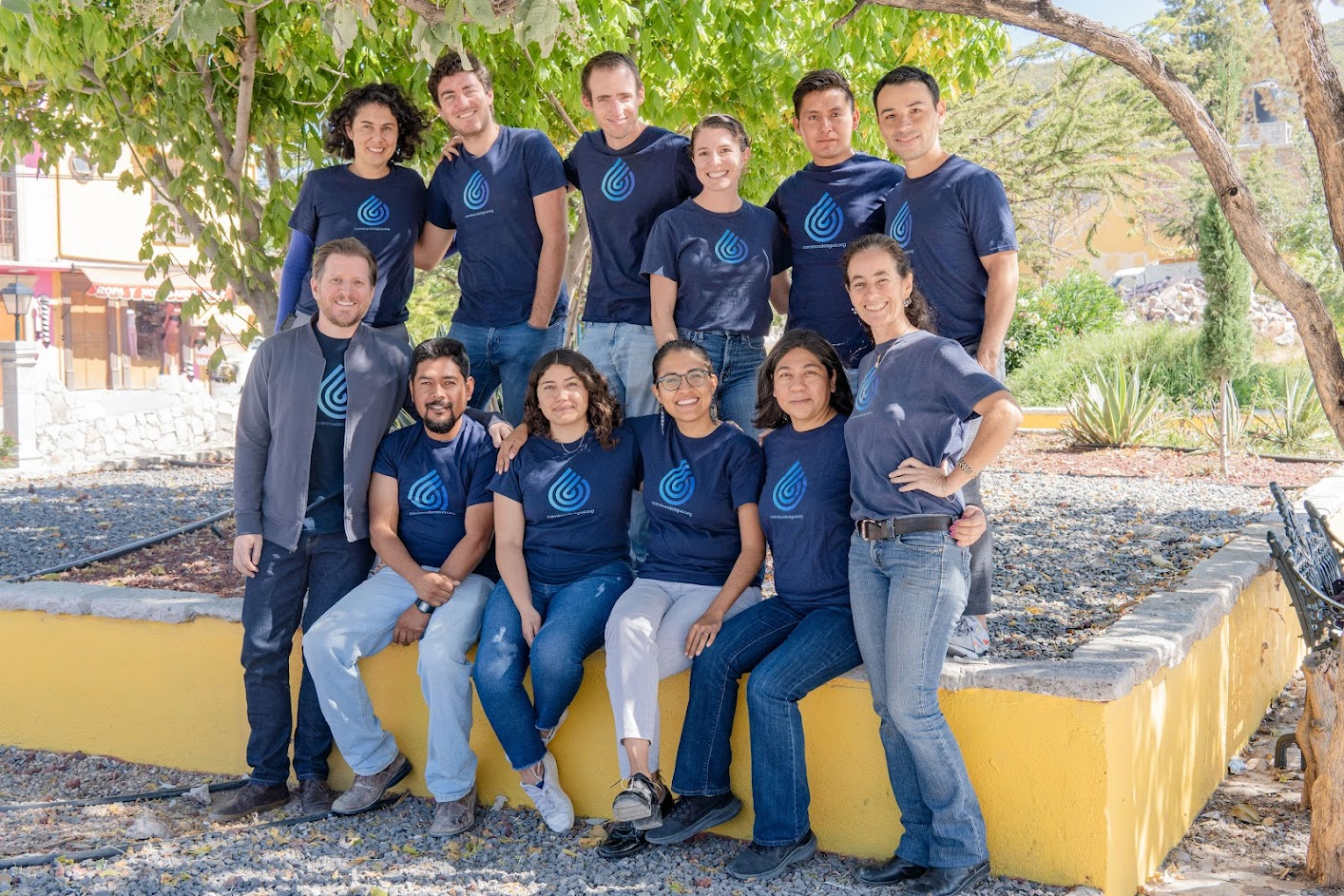
Recently we debuted a new Spotlight series to introduce newsletter readers to other open hardware science projects, community groups or businesses we love. These featured groups have successfully developed and/or are using open hardware around the world in unique and inspirational ways. Their work often brings people together through open data, education and resource sharing. For the second in our Spotlight series we are excited to highlight the work of Caminos de Agua.
Caminos de Agua is a non-profit organization “dedicated to improving human health and community well-being through adequate and affordable access to clean water" particularly in the Upper Río Laja Watershed in Central Mexico. The organization works alongside local community members and grassroots organizations to develop open-source technology for communities facing water scarcity and contamination in a region where the aquifer is declining at an alarming rate. In addition to decreased water access, the extracted groundwater is also often contaminated with dangerous levels of arsenic and fluoride.
Caminos de Agua develops technologies under open-source licenses in partnership with leading research institutions, other non-profits, and members of directly affected communities. In this Newsletter we are highlighting several projects in more depth. However there are many more projects which we encourage you to check out on their website.
Within all of these projects, Caminos de Agua partners with organized community groups in Mexico’s state of Guanajuato that are directly affected by water contamination and scarcity to collaboratively develop technology to support life and health. This effort is a small – but important – part of working against the intensive extractions of global capitalism, North American imperialism, and resource colonialism that are driving water injustice across central Mexico.
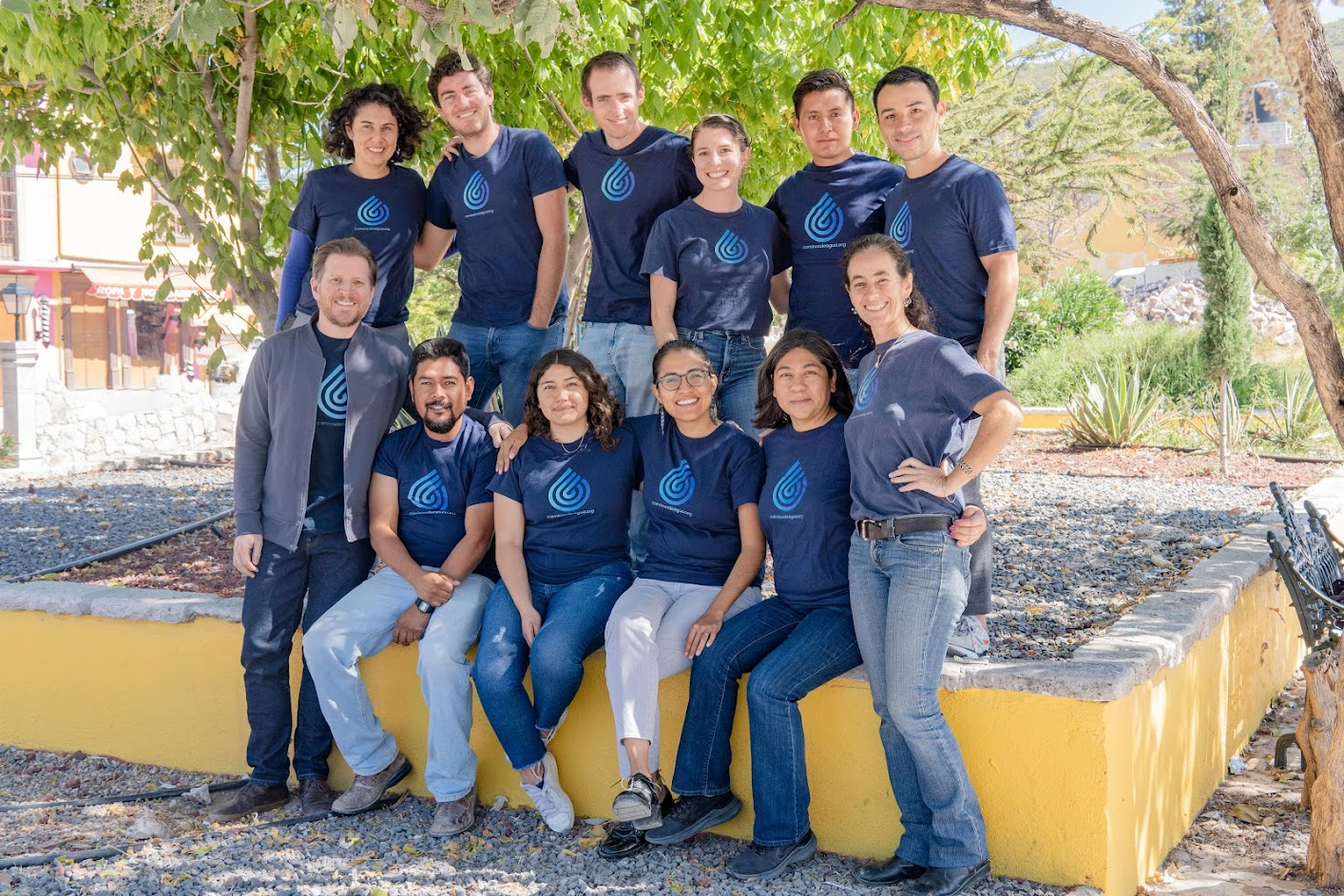
Developing Affordable & Accessible Arsenic Tests
Arsenic contamination is a significant health concern and has been emerging at dangerous levels in community wells in Central Mexico, California’s Central Valley, and other hotspots around the world. However, arsenic in groundwater is challenging to test cheaply and quickly.
Caminos de Agua research and development team are collaborating with research scientists to develop an affordable, open, and accessible arsenic detection process. Last year we highlighted a peer-reviewed paper which was a result of a collaboration between the Caminos de Agua Research and Development team, researchers at Imperial College London and University of Liverpool. In this paper, Bullen et al., 2022 described using our open hardware Rodeostat potentiostat to develop an affordable and reliable test for measuring arsenic contamination in groundwater.
In the study, the researchers used the Rodeostat, gold micro-wire electrodes, and custom software based on our open Rodeostat library to create a system that measures arsenic in water. Using several types of electrodes they eventually arrived at a system that - although demonstrating more electrical noise than the more expensive, proprietary potentiostats - offered much better accuracy and precision than the available low-cost test kits.
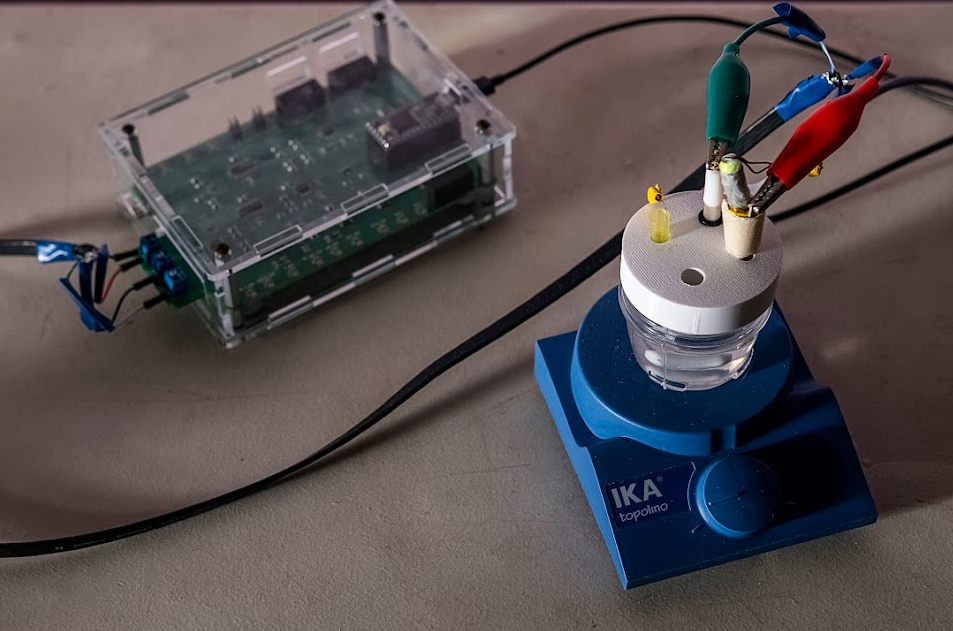
Get Involved!
Water Quality Map and Open Data
Caminos de Agua has had an ongoing water quality monitoring program to track the dangerous levels of arsenic and fluoride emerging in groundwater in the central Mexican watershed since 2014. The organization has tested hundreds of community wells, finding concentrations of arsenic and fluoride that exceed World Health Organization recommendations by as high as 23 and 12 times the limits respectively. In partnership with local laboratories and several university research groups, Caminos de Agua offers free arsenic and fluoride testing for community wells and at-cost testing for those who can afford it.
To document the rising arsenic contamination across the region, Caminos de Agua built a water quality map (please be patient while it loads!) where folks can look up a history of water quality in particular wells. When Mexico’s federal water commission released nearly a decade of arsenic and fluoride test results in 2019, Caminos de Agua also incorporated these data points into their map, which already held test results conducted by Caminos and by several academic partners including Texas A&M University, the Universidad de Guanajuato, Kansas State University, and Northern Illinois University. This combination of data from academics, civil society, and government makes this map one of the most comprehensive sources available to track arsenic and fluoride in groundwater in Mexico.

Alongside the online map, Caminos de Agua also strives to share the water quality data as widely and as accessibly as they can. In their words: "We believe in ‘open-data’. The water quality data we collect is shared openly with those affected and the greater general public. We also share our data with the National Water Quality Inventory (INCA in Spanish)". They further state that "We provide public datasets and all of our records are available for public inspection upon request".
Community collaboration is central to Caminos de Agua's work and success
Caminos de Agua is well-known for its collaborative work with local communities, including building rainwater collection capacity as shown in the image below. In northern Guanajuato, harvesting and treating rainwater for drinking and cooking is a safer and more straightforward alternative to consuming water pumped out of wells, which tends to have high and rising levels of arsenic and fluoride.
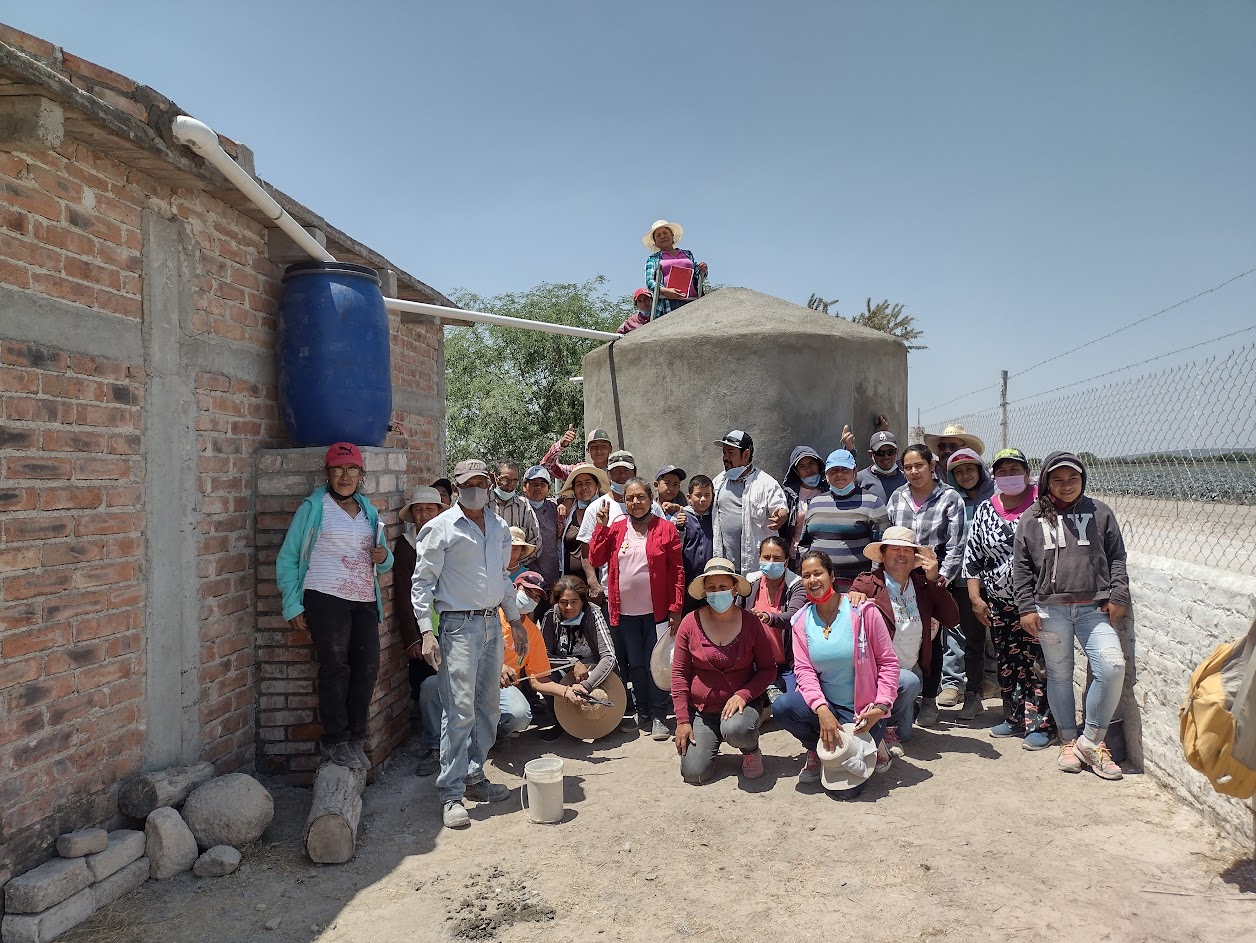
For an affordable and easy-to-use way to biologically treat harvested rainwater so that it can be safely consumed, Caminos has developed a ceramic water filter which has now been distributed throughout Mexico. This ceramic filter also has a custom-designed adapter called the Aguadapt that allows it to be installed quickly into a variety of containers and adapted to additional water treatment steps.
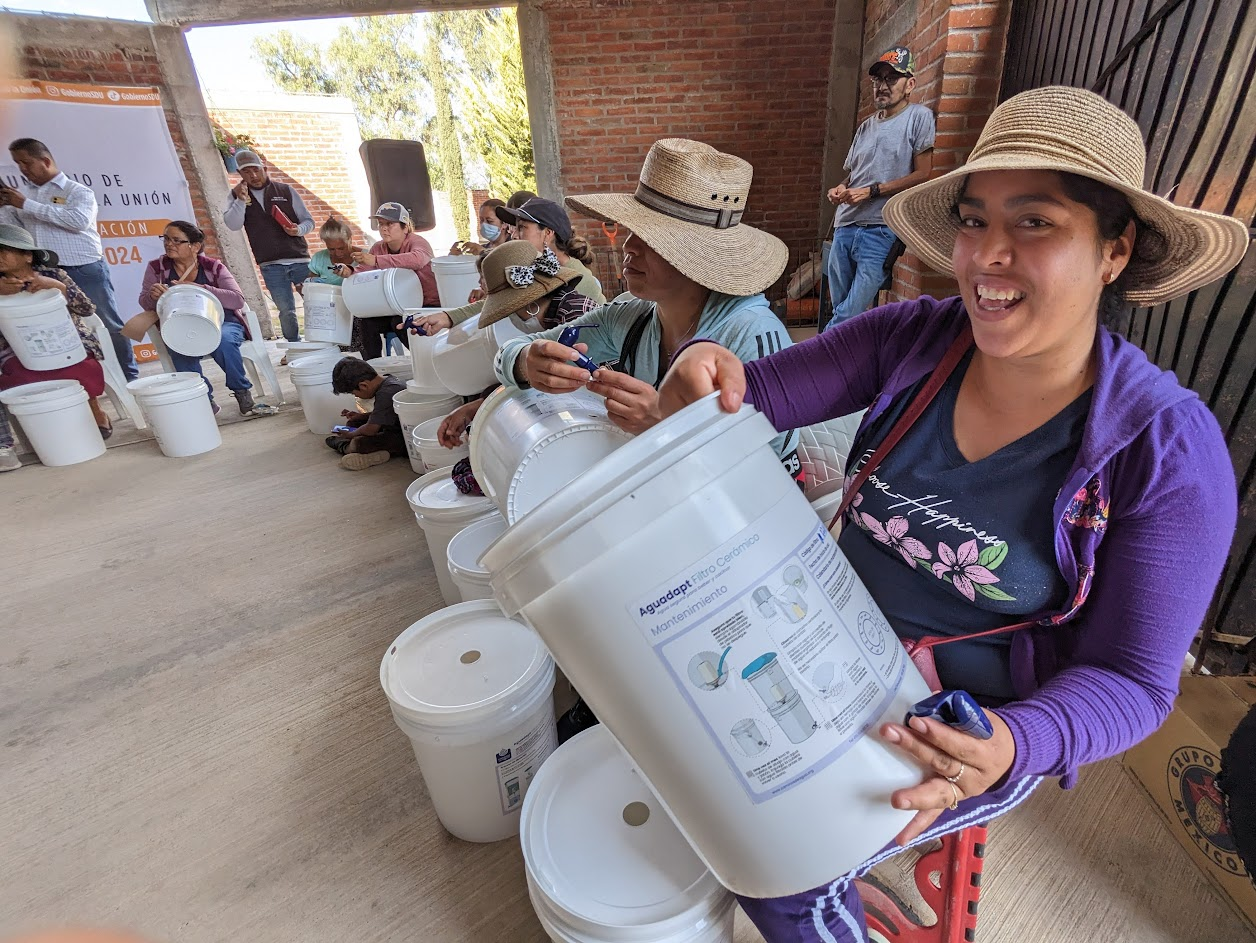
Although rainwater harvesting has been an effective and sustainable alternative for communities with highly contaminated and scarce water conditions, the need far outpaces Caminos de Agua’s ability to install these systems, which require large initial investments of time and money. For communities of folks who have reliable access to groundwater, but find it contaminated with arsenic and fluoride, Caminos is currently piloting a community-scale water treatment system with locally-made filtration media that separate these hard-to-remove contaminants. The groundwater treatment systems are purposefully designed to use low-cost building materials and are community operated and maintained.
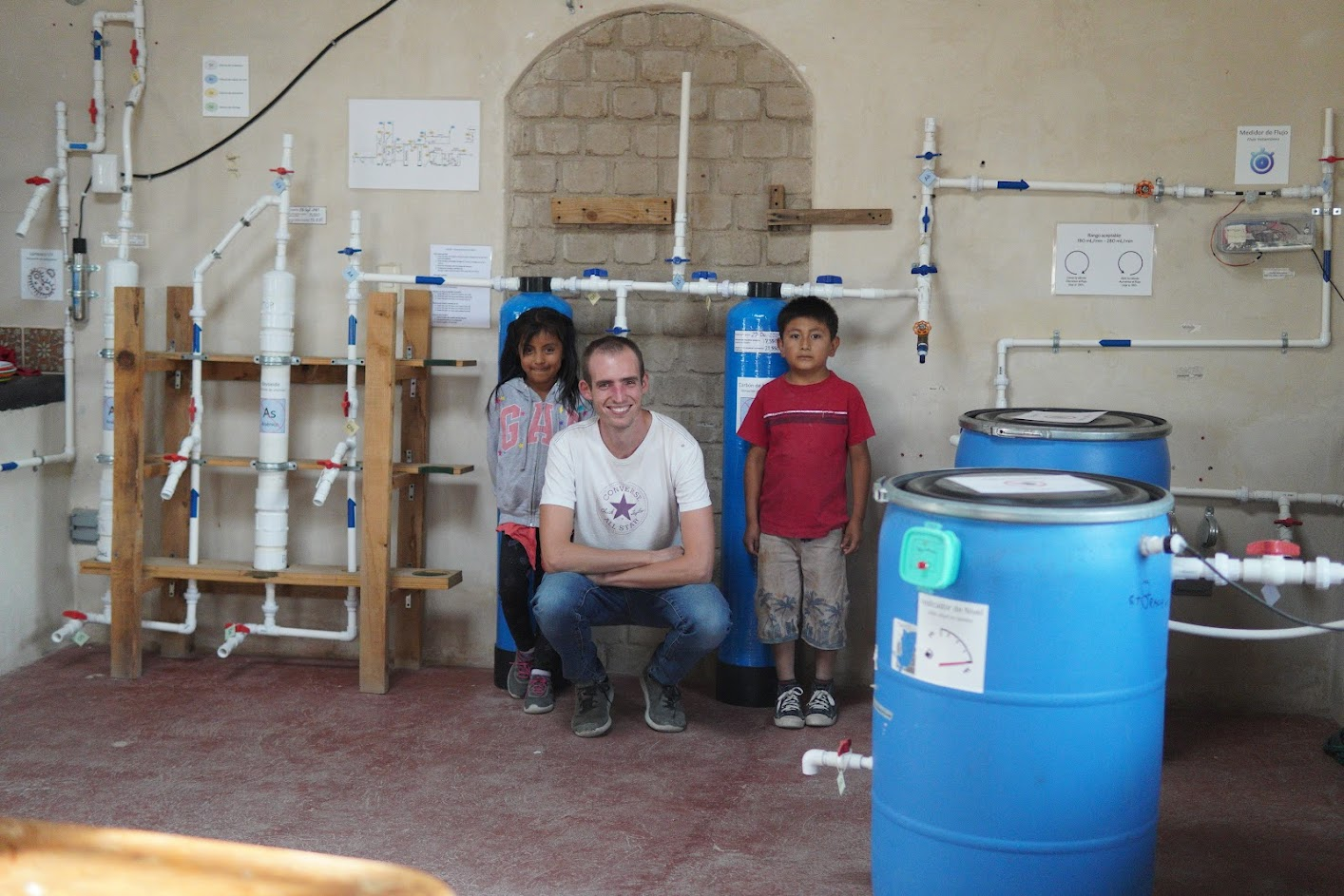
How you can support Caminos de Agua
- Donate to Caminos de Agua so they can continue to do their amazing work. Funds provide local communities with ceramic filters, water quality testing, rainwater harvesting systems, educational workshops and more
- Join their mailing list to receive the latest news
- Follow on social media: Facebook, Instagram, Youtube, and Twitter
- If you are interested in getting more involved by working or volunteering with Caminos de Agua, check out their work and volunteer opportunities or contact them at info@caminosdeagua.org.

In the interest of telling stories about people with their enthusiastic consent and in ways that feel good to them, this Newsletter was developed in collaboration with Caminos de Agua staff who offered text, quotes, photographs, and conducted a final review of the language.

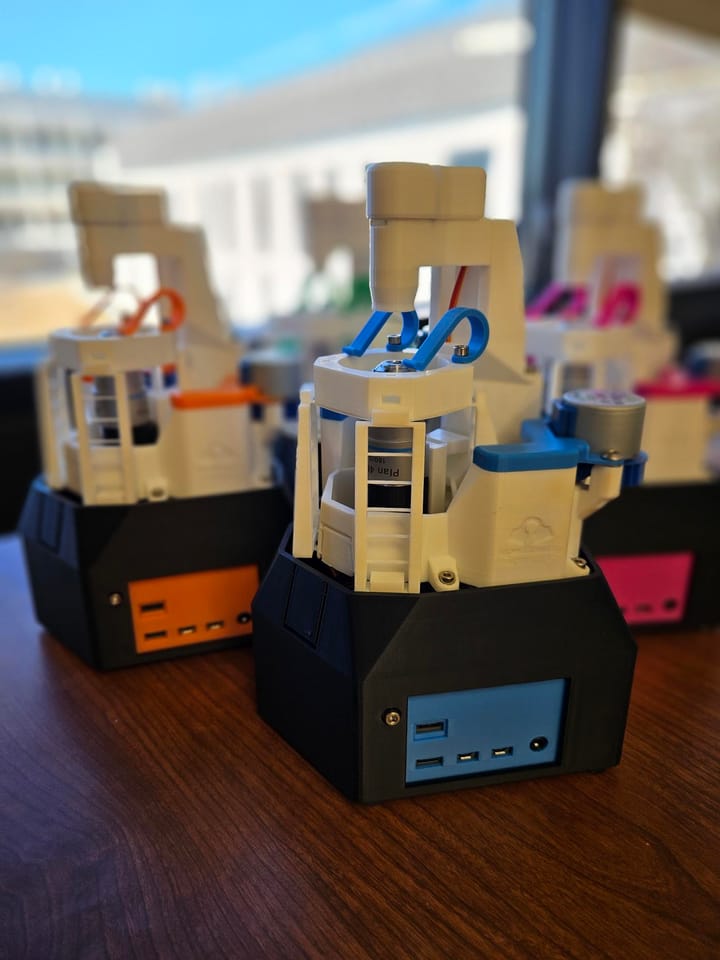
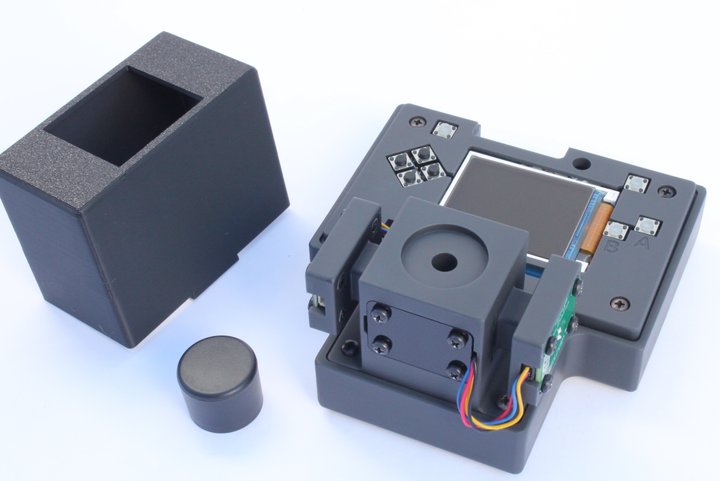
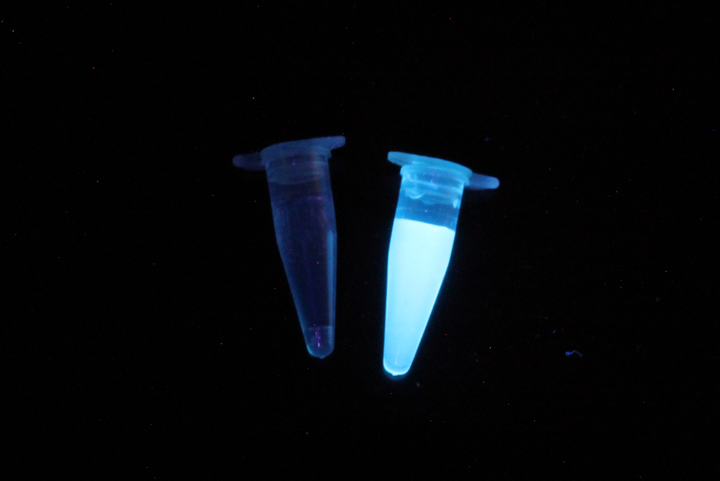
Comments ()